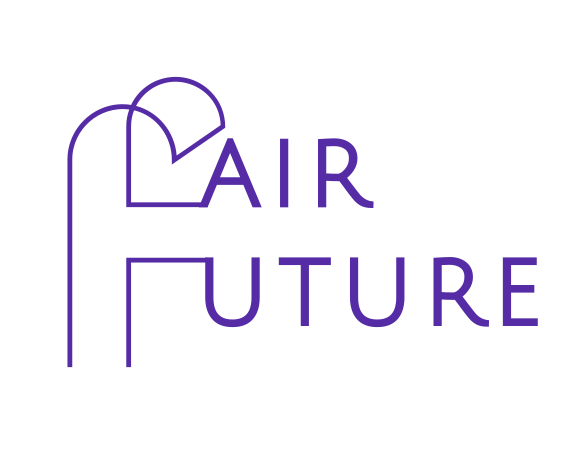Upholding Human Rights: The Imperative for Supply Chain Sustainability
In recent years, there has been a notable shift towards prioritizing the ‘S’ (Social) aspect of ESG (Environmental, Social, and Governance) considerations. This shift underscores a growing recognition of the importance of addressing human rights issues within the global supply chain. Amidst this evolving landscape, businesses are increasingly called upon to uphold ethical standards and ensure the fair treatment of workers throughout their operations.
The Current Landscape
The COVID-19 pandemic exposed vulnerabilities in organizational values, showcasing disparities in how companies treated stakeholders. Consumers now demand proactive measures to promote human rights and equitable working conditions. This expectation extends beyond domestic operations to the complex global supply chains that characterize modern commerce.
Facing the Reality
Statistics from the World Benchmarking Alliance reveal a stark truth: 99 percent of surveyed companies worldwide failed to demonstrate the fundamentals of socially responsible business conduct. Despite widespread awareness, many individuals remain vulnerable to exploitation and forced labor, especially within extensive supply chains.
Foundations for Responsible Commerce
Respect for human rights is fundamental for responsible commerce. Achieving this balance amidst complex supply chains poses significant challenges. Understanding cultural nuances and universal standards while navigating opaque supply chains requires concerted efforts.
Amplifying Worker Voices
Empowering workers to voice concerns is crucial. Many lack the tools to report, exchange and share, hindering their ability to report grievances. Mechanisms to facilitate dialogue and address exploitation are essential.
Pathways to Progress
By joining forces with other organizations through collaborative initiatives, systemic challenges can be collectively dealt with.
Leadership and Accountability
Senior leadership commitment is vital. Designating individuals with authority and passion for human rights catalyzes action. A culture of empowerment and support for employees who raise concerns fosters trust and continuous improvement.
The Call to Action
As global challenges persist, prioritizing human rights within the supply chain is imperative. Upholding ethical conduct, fostering transparency, and empowering workers contribute to a more sustainable future.
Conclusion: A Collective Responsibility
Addressing human rights in the supply chain is not just moral—it’s strategic. By prioritizing ethical conduct, businesses can mitigate risks and drive long-term value creation.
Explore the imperative of addressing human rights within the supply chain for sustainable business practices. Discover key insights, challenges, and actionable strategies to foster ethical conduct.
#HumanRights #SupplyChainEthics #ESG #CorporateResponsibility #Sustainability #GlobalSupplyChain #WorkerEmpowerment #EthicalLeadership

